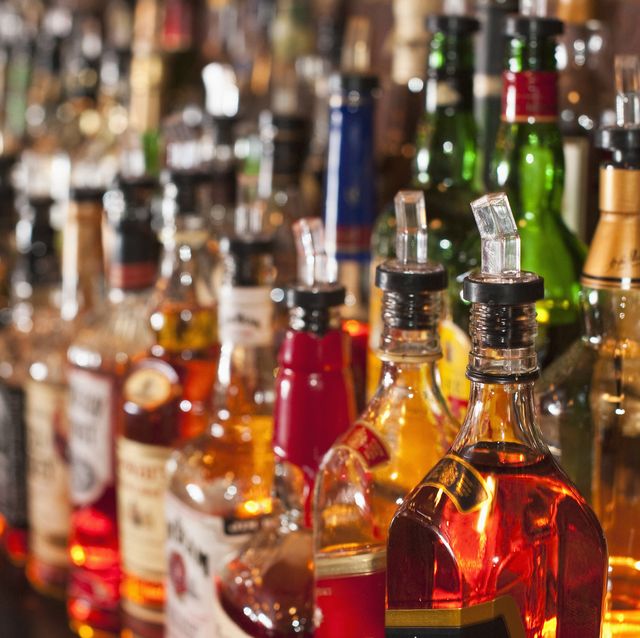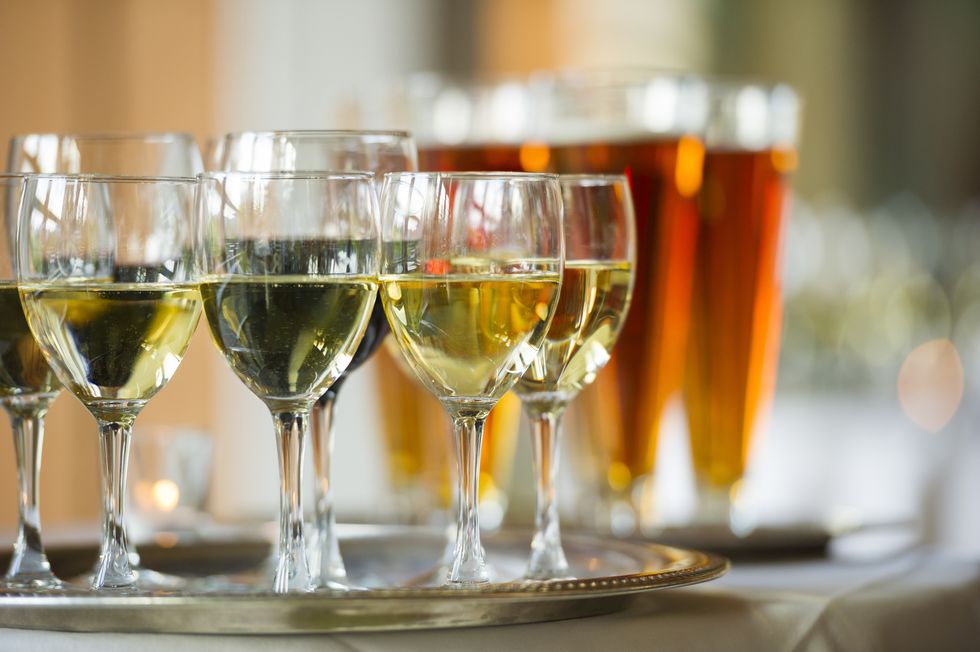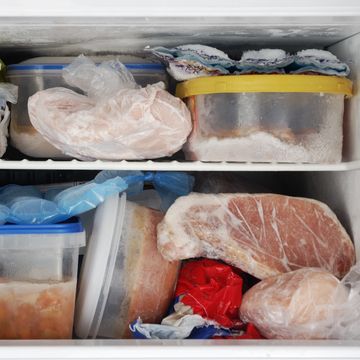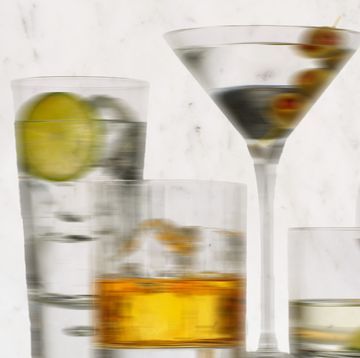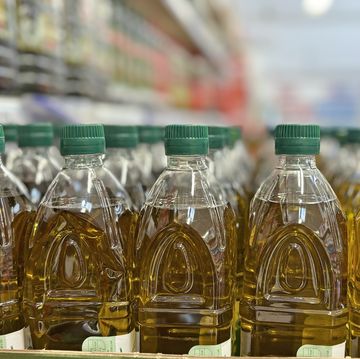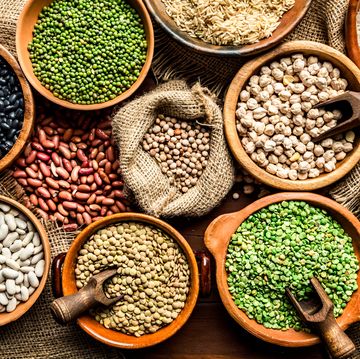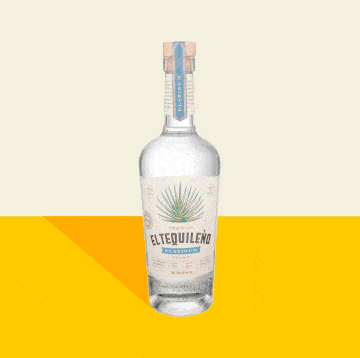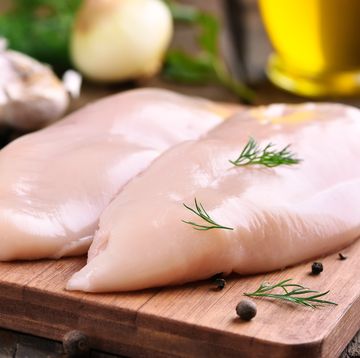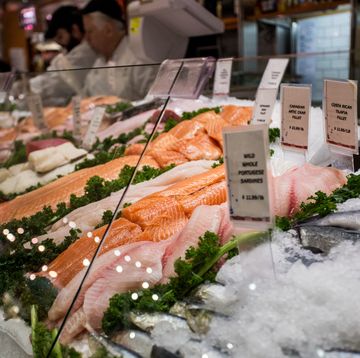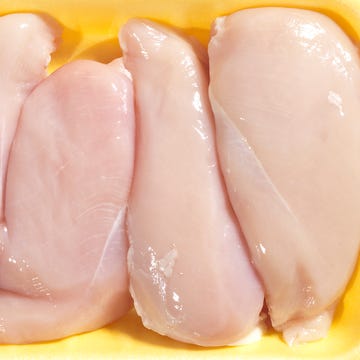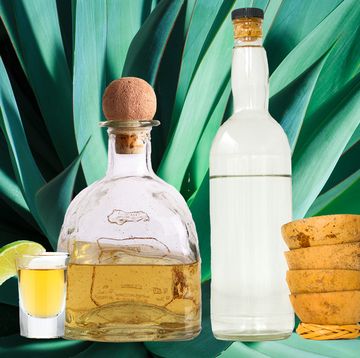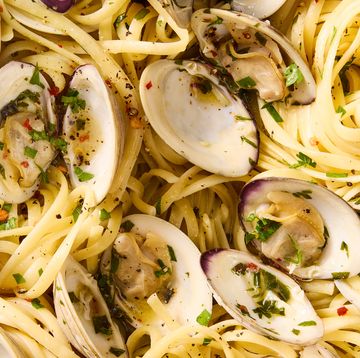Whether you have a bottle of whiskey that's been accumulating dust or an open bottle of wine in the fridge, you've probably asked yourself, Does alcohol expire? Well, it depends on how you define expire.
Anthony Caporale, Director of Spirits Education at the Institute of Culinary Education, prefers not to use the word "expiration" when it comes to alcohol.
"The flavor of the drink may change, some may say for the better while others insist for the worse, but the safety of the drink won't be compromised," he said. "That's actually one of the main reasons we started drinking alcohol: it prevents the growth of dangerous microorganisms, so drinks that contained alcohol lasted longer than other beverages before refrigeration and modern preservatives."
To make sure we're getting the most out of our cherished bottles, Caporale walked us through how to properly store alcohol.
Liquor and Distilled Spirits
The high alcohol content of liquor—think vodka, gin, rum, tequila, and whiskey—makes it shelf stable indefinitely, even after it's opened, according to Caporale. "The biggest threat to your treasured collection of craft rye whiskey is fruit flies, with evaporation being a far distant and unlikely second," he said, adding that both dangers can be avoided by putting the cap back on the bottle.
Once opened, spirits and fortified wines like port, sherry, and vermouth, with an ABV about 15 percent, can be recapped and stored at room temperature.
Beer and Wine
"Beer will go flat and stale, and wine will begin turning to vinegar after they're opened, but both will remain safe," said Caporale. If unopened and refrigerated, he said beer can last several years, although this can depend on style and ABV. Once opened, he recommends using unfinished beer for cooking. From beer cheese and beer bread to beer-battered fish and grilled beer brats, you never have to worry about wasting flat beer.
"Wine, contrary to popular portrayals, can't always be relied on to improve with age," said Caporale. When properly sealed, wine can last for about two to three years—reds a little longer than white wine.
"Again, contrary to popular belief, screw caps are your friend here, as they form a very reliable seal, while natural corks are much more likely to fail and let the wine react with air," he said. He recommends re-corking (or vacuum sealing), refrigerating, and consuming opened wine within 24 hours. Over time, as wine is exposed to air, it'll turn into vinegar, which isn't dangerous, but won't taste as great. So drinking an opened bottle sooner is always better.
Expertise: food & culture (Sustainability, Health, Travel)
Education: M.S. in Journalism from Columbia University, B.S. in Information Science (User Experience Design) from the University of Michigan
About Me: As the Associate Editor at Delish, Allie is a writer, reporter, and producer of features at the intersection of food and culture. Before Delish, Allie worked for publications including Apartment Therapy and Insider. She even spent time working in restaurants and breweries. Allie has dumpster-dived in NYC to expose food waste, reported on the invasive lionfish you can eat, and wrote about the growing trend of weed weddings. Her health and nutrition stories on hydration culture, bananas, and coffee have generated nearly 2M combined views. She loves traveling, running, and eating her way through new places and even has a thorough Google Maps ranking system for her favorite restaurants and bars! When not writing about food, she's planning her next trip, lifting weights, or training for a race.
